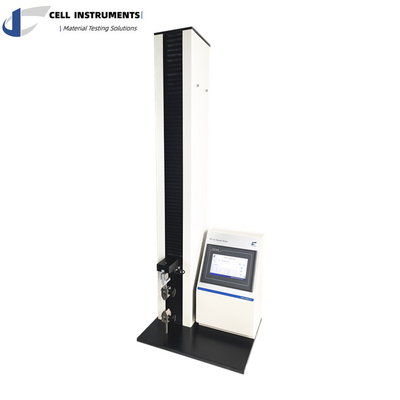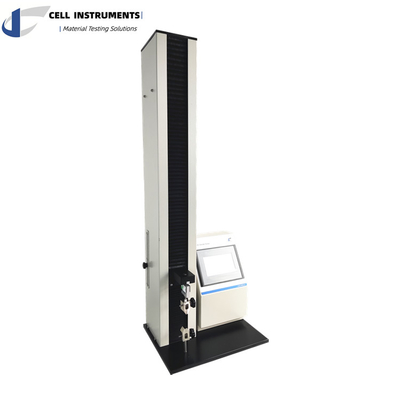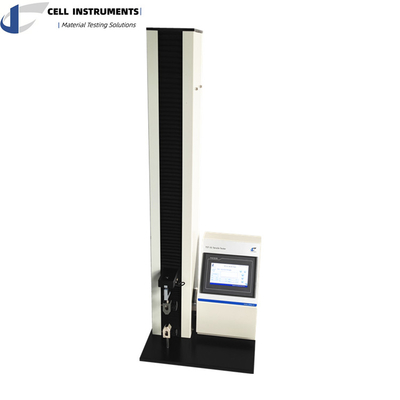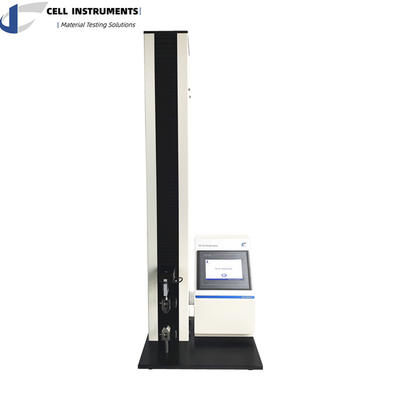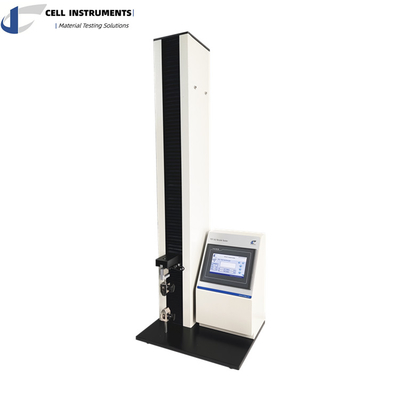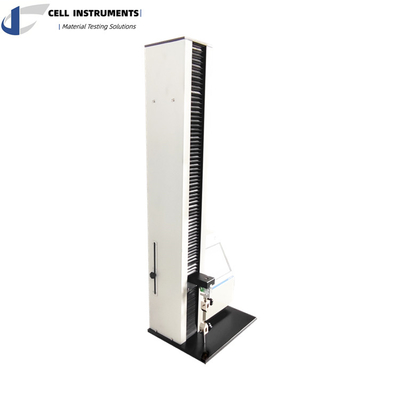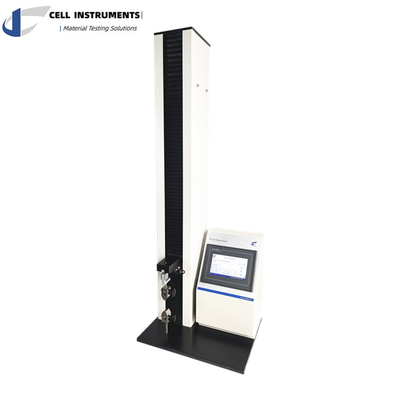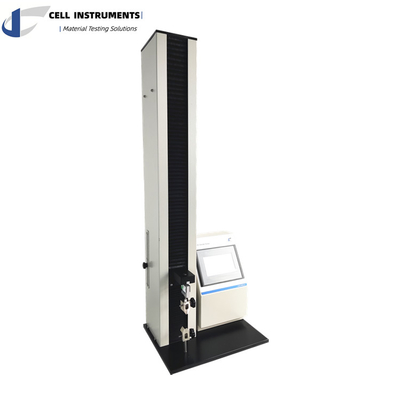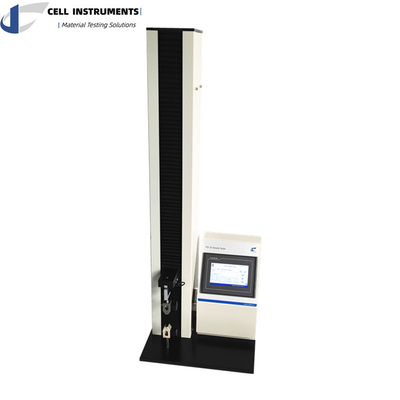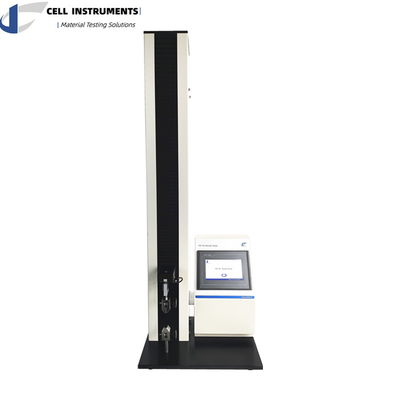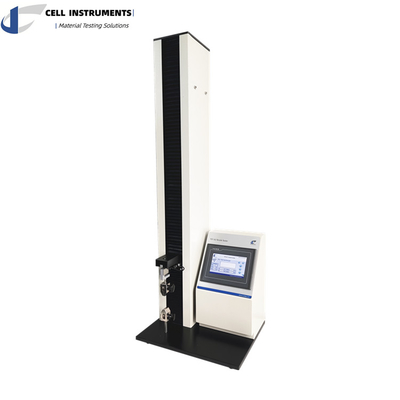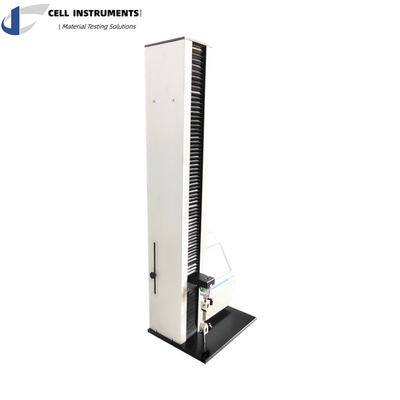ASTM D1683 Woven Fabric Sewn Seams Breaking Strength Testing Machine Breaking Load Testing Equipment For Textile Fabrics
| Test Range | 0-500N (or 50N, 100N, 200N, Etc) | Stroke | 800mm (customizable For Other Strokes) |
|---|---|---|---|
| Test Speed | 1~500mm/min | Displacement Accuracy | 0.01mm |
| Accuracy | 0.5% Full Scale | Sample Width | 27mm (optional Width Available) |
| Control | PLC And HMI Screen | Data Output | Microprinter (optional), RS232 (optional) |
Introduction of Seal Strength Tensile Testing Machine
![]()
Tensile testing machines play a crucial role in the quality inspection of flexible laminate. Laminates are commonly used in various industries, such as packaging, automotive, aerospace, and electronics. Tensile testing is a method used to assess the mechanical properties of materials under tension, providing valuable data for flexible laminate quality control, product development, and compliance with industry standards.
Test Background
![]()
Tensile testing involves applying a controlled force to a material until it breaks or undergoes a specified deformation. For flexible laminate, understanding the tensile strength, elongation, and other mechanical properties is essential to ensure the material meets the desired performance criteria.
Significance of Tensile Testing in Quality Inspection
1. Material Strength Assessment: Tensile testing helps evaluate the maximum stress a material can withstand before failure, indicating its strength and durability.
2. Elongation Properties: Assessing how much a material can stretch before breaking is crucial for applications where flexibility is a key requirement.
3. Adhesion Strength: For laminates, assessing the bond strength between different layers is vital for ensuring structural integrity.
Technical Features
![]()
This unit is under PLC control (with industrial-level stability) and operated through an HMI touch screen. The use of a precision ball lead screw mechanism ensures consistent and accurate speed and displacement control. It features a specially designed program catering to tests including break, tension, elongation, seal strength, 90° peeling, and 180° peeling. The key features include:
- A 7-inch TFT touch screen for user-friendly operation.
- PLC control for efficient functioning.
- Precision ball lead screw for reliable results.
- Adjustable test speed.
- Compatibility with multiple fixtures.
- Equipped with a limiting device and automatic returning function.
- Availability of various test items.
- Optional inclusion of a microprinter.
- RS 232 port for data communication and optional professional software.
Main Parameters
![]()
| TST-01 | |
| Test Range | 0-500N (or 50N, 100N, 200N, etc) |
| Stroke | 800mm (customizable for other strokes) |
| Test Speed | 1~500mm/min |
| Displacement Accuracy | 0.01mm |
| Accuracy | 0.5% Full Scale |
| Sample Width | 27mm (optional width available) |
| Control | PLC and HMI Screen |
| Data Output | Microprinter (optional), RS232 (optional) |
Related Standards
![]()
Several standards outline the testing procedures for flexible laminate. Some of the key standards include:
- ASTM D3330——Standard Test Method for Peel Adhesion of Pressure-Sensitive Tape.
- ASTM D3759——Standard Test Method for Tensile Strength and Elongation of Pressure-Sensitive Tapes.
- ISO 527——Plastics - Determination of Tensile Properties
- ASTM F904——Standard Test Method for Comparison of Bond Strength or Ply Adhesion of Similar Laminates Made from Flexible Materials
Conclusion
![]()
Tensile testing machines are indispensable tools in the quality inspection of flexible laminate.



